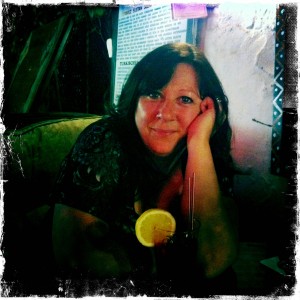I am a strong advocate of lifelong learning and apply that to myself as well as the people I teach. If I am to be effective as a teacher, it is vital that I continue the learning journey myself.
My background is in family Literacy and Numeracy, NVQs and most recently Modern Apprenticeships. I am fully qualified to teach in Post Compulsory Education (post 16) and have a specialism qualification in teaching maths.
I have completed lots of peripheral courses around teaching such as Dyslexia and Dyscalculia awareness, helping adults to learn, and I have a lot of experience teaching those who do not find learning easy and haven’t done very well at school for whatever reason.
Teaching one-to-one or in very small groups enables me to concentrate on the individual rather than a large class and address any specific issues as they arise. One-to-one teaching usually sees quicker results than in classroom teaching.
With NVQs and Modern Apprenticeships it is necessary to have attained a certain level in English and maths (dependent on previous attainment level). If you have not attained the level required by the qualification then you will be required to pass Functional Skills (English/Maths/ICT). If you don’t pass these then you cannot gain your qualification. Some training providers will provide support for maths, English and ICT but some will not. Many people take the exams and pass but some do not, which is where I come in.
I teach the basics without the use of calculators. This may seem rather archaic but using pen and paper and writing the numbers and what you are doing with them helps to build an understanding of the processes. It also helps check your answers and whether or not they make sense, as you can’t always see the mistakes you are making on a calculator, whereas if they are written down you can see any mistakes you may have made in the calculations. Functional Skills exams allow the use of calculators but you have to show your working out, so it make sense to learn how to do that in sessions too.
Functional Skills has a problem-solving approach so I teach problem solving skills in my sessions. The old system (Key Skills) were one-off questions on a variety of areas and also multiple choice questions which meant you may not have known the answer but could simply guess and have a 25% chance of getting it right. The Functional Skills approach was brought in to test the skills of the person, so the exams consist of mini projects and calculations are based around that; for example redecorating a bathroom or designing a garden.

